


Researchers have correlated information on drugs, genes and diseases to identify potential candidates for psychiatric and neurological treatment. The methodology they developed will be used to search for drugs against COVID-19.

Present in the human digestive tract, species of Candida can cause bloodstream infections in patients treated in intensive care units. An international study involving 16 hospitals found isolates with high levels of virulence.

The contagion curve in Brazil appears to have plateaued and is set to remain at the current level until at least the end of 2020. Investing in the identification and isolation of infected people and their close contacts, keeping schools closed and improving the quality of the information offered to the public are measures governments should take to make sure the situation does not become even worse.
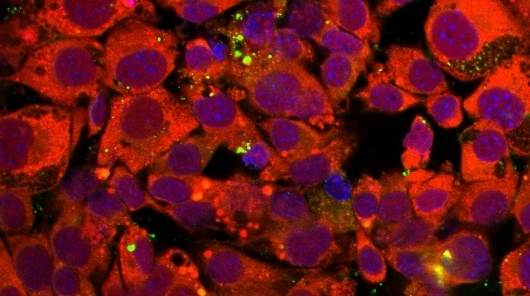
A study showed that the novel coronavirus can infect human adipocytes and that the viral load is three times higher in aged adipose cells. The results may help us understand why people with obesity and those who are older are more at risk of developing the severe form of COVID-19.

Online survey with 11,863 respondents also shows that feeling sad or depressed became routine for 39%, while overall health worsened for 26%.

Researchers used statistical techniques to analyze data of 126 countries. The variables that intensified contagion at the start of the outbreak included low temperature, a large proportion of older people, foreign tourist arrivals, and greeting habits involving physical contact.
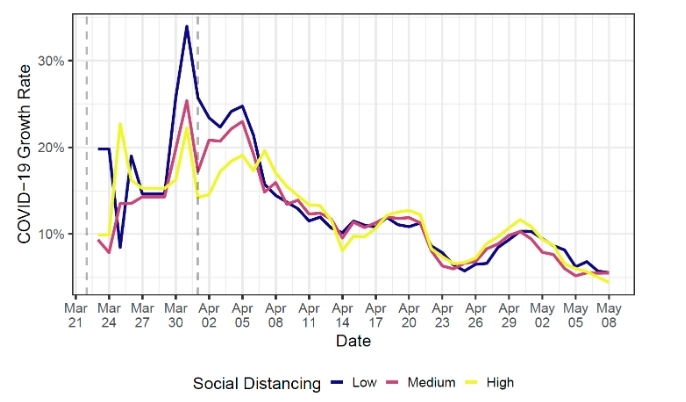
The reduction resulting from implementation of these measures in São Paulo has been calculated for the period between mid-March and early May using a mathematical model developed by a FAPESP-funded research center. The scientists also estimated that these two public health measures reduced the peak of transmission by 25% in Brasília.

Program developed by startup with FAPESP’s support was initially designed to train cognitive skills and help improve physical fitness but will now have extended functionality.

When tested in vitro, arsenic trioxide killed tumor cells and prevented the formation of new colonies. This leukemia drug also boosted the effect of radiation therapy on medulloblastoma, a type of central nervous system tumor most common in children
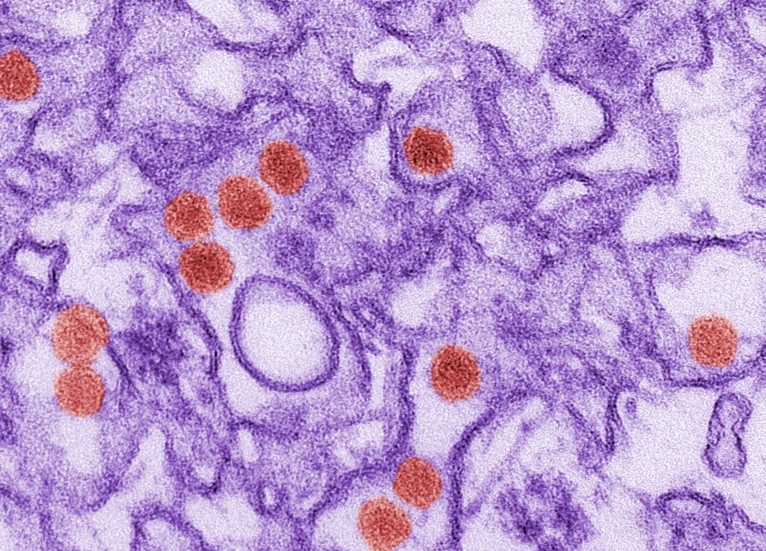
The compound inhibited the action of a protein activated by the virus to suppress the host’s immune response. The therapy also proved effective against dengue virus and will be tested at the University of São Paulo against coronavirus.

Testing has begun in Brazilian volunteers of two candidate vaccines at an advanced stage of development. In an online seminar co-organized by Agência FAPESP, researchers involved in Phase 3 clinical trials said the more vaccines are approved, the better mankind’s chances of controlling COVID-19.

Platform created by FAPESP in partnership with University of São Paulo, Albert Einstein Jewish Hospital, Hospital Sírio-Libanês and Fleury Group begins providing access to data for more than 177,000 patients, 5 million clinical examinations and 9,600 outcomes.

Project supported by FAPESP aims to help triage suspected COVID-19 patients.

This is the first time Aspergillus latus has been found in a hospital. The species is more drug-resistant than its two parents and highly dangerous for patients with respiratory diseases and compromised immune systems. The researchers will now investigate the role of fungi in COVID-19.
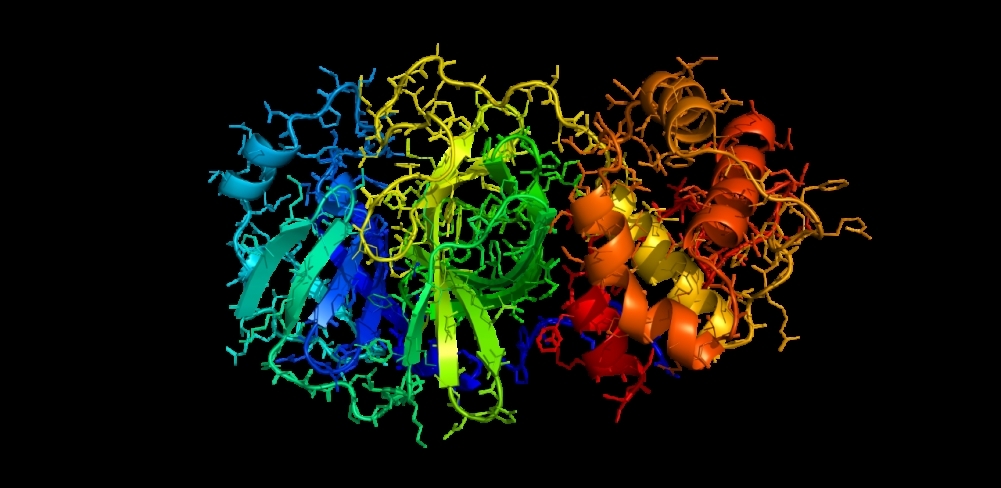
Assembled over a five-year period by the University of São Paulo’s Medicinal Chemistry Group, the material will be tested for treating infected cells. The goal of the research is to find a compound that inhibits the key enzyme in the replication of SARS-CoV-2 without affecting human cells.

The open-access tool was developed in Brazil by researchers at the Center for Mathematical Sciences Applied to Industry to minimize the risk of shortages and overspending.

In laboratory tests, the material inactivated 99.9% of SARS-CoV-2 in two minutes. The technology developed by the startup, which is supported by FAPESP, will be used to produce face masks and hospital apparel.

Based on placental cell gene expression data and computer simulations, Brazilian researchers concluded that the virus may use the placental proteins DPP4 and CTSL as an alternative point of entry into human cells.

The study will analyze how the disease affects different communities in Brazil and the US based on social and demographic characteristics related to drivers of environmental vulnerability.

Study conducted by the FAPESP-funded Center for Research on Inflammatory Diseases (CRID) shows that drug currently used to treat cystic fibrosis can help prevent complications from infection by SARS-CoV-2.

The website developed by researchers at the University of São Paulo includes videos, illustrations, texts and posters with information on the right way to put on and take off masks, gloves, gowns and other items.
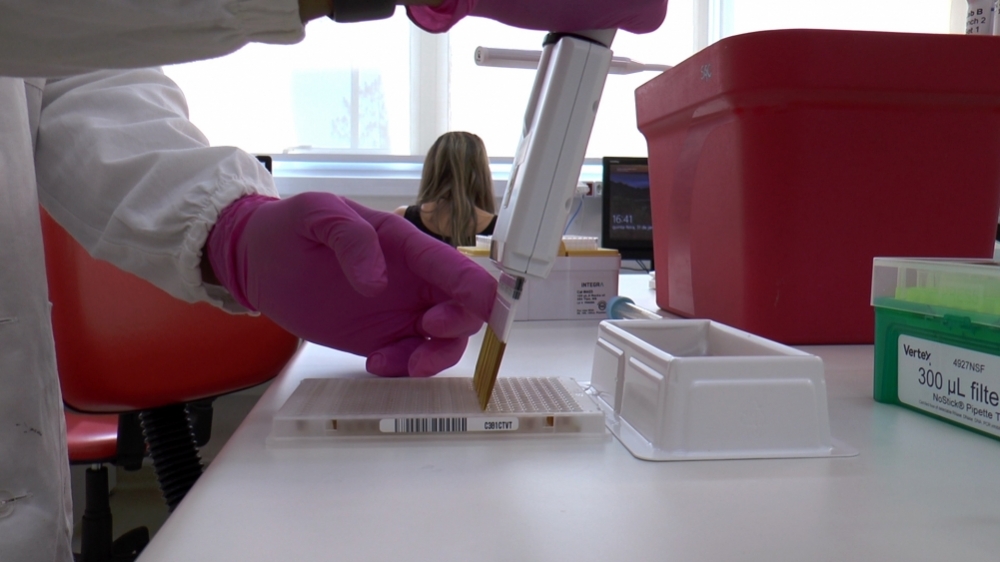
Synthetic compounds and molecules derived from natural products belonging to Brazil’s biodiversity are being screened by teams at the Center for Innovation in Biodiversity and Drug Discovery, which is supported by FAPESP.
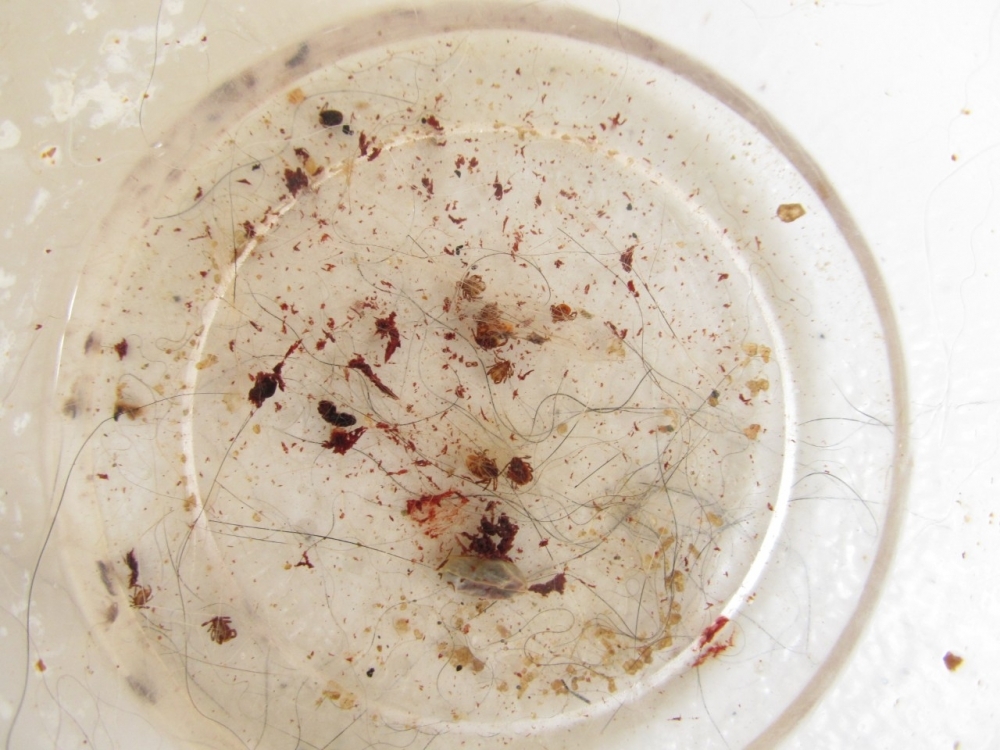
Experiments were conducted by scientists affiliated with the Center of Excellence in New Target Discovery, a research center supported by FAPESP, involving five animals with spontaneous skin tumors.
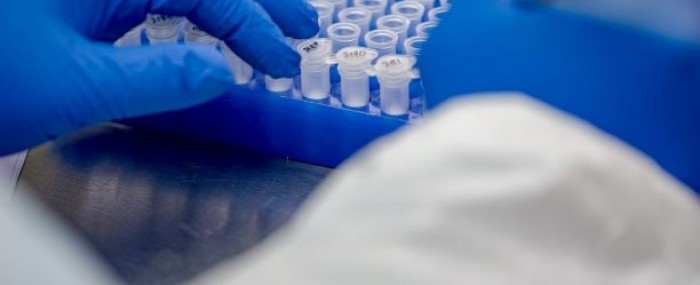
The project is supported by FAPESP’s Innovative Research in Small Business Program. The firm plans to produce ELISA kits that will detect antibodies against the novel coronavirus in blood serum.
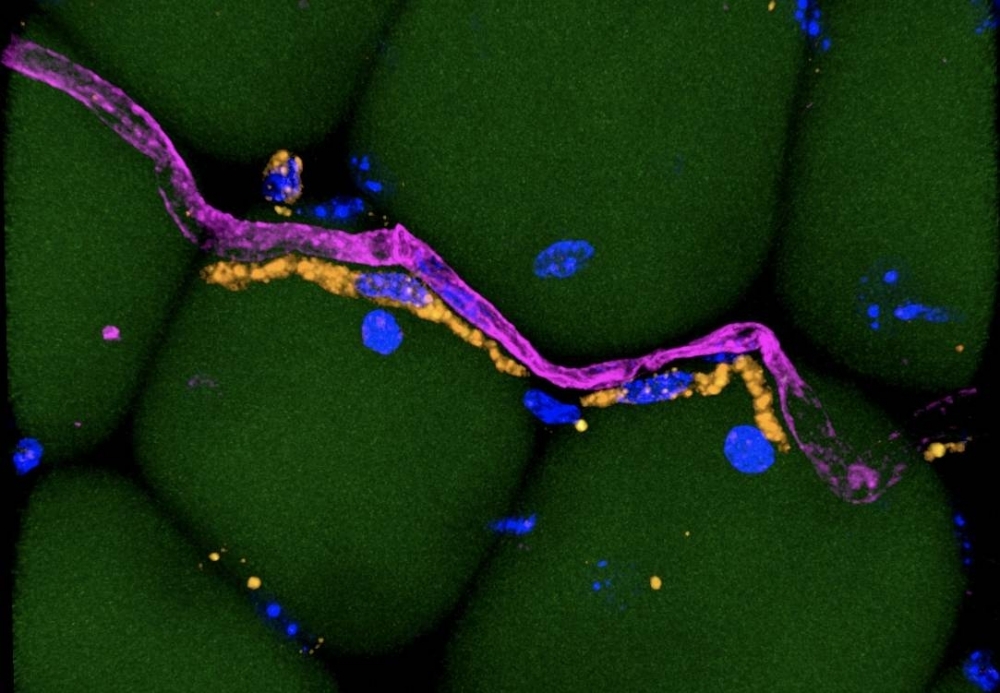
Brazilian researchers are the only Latin American group to have had a project selected in an international request for applications by the Chan Zuckerberg Initiative. Funding of more USD 175,000 has been awarded to the study, which will be the first in Brazil to use single-cell analysis.